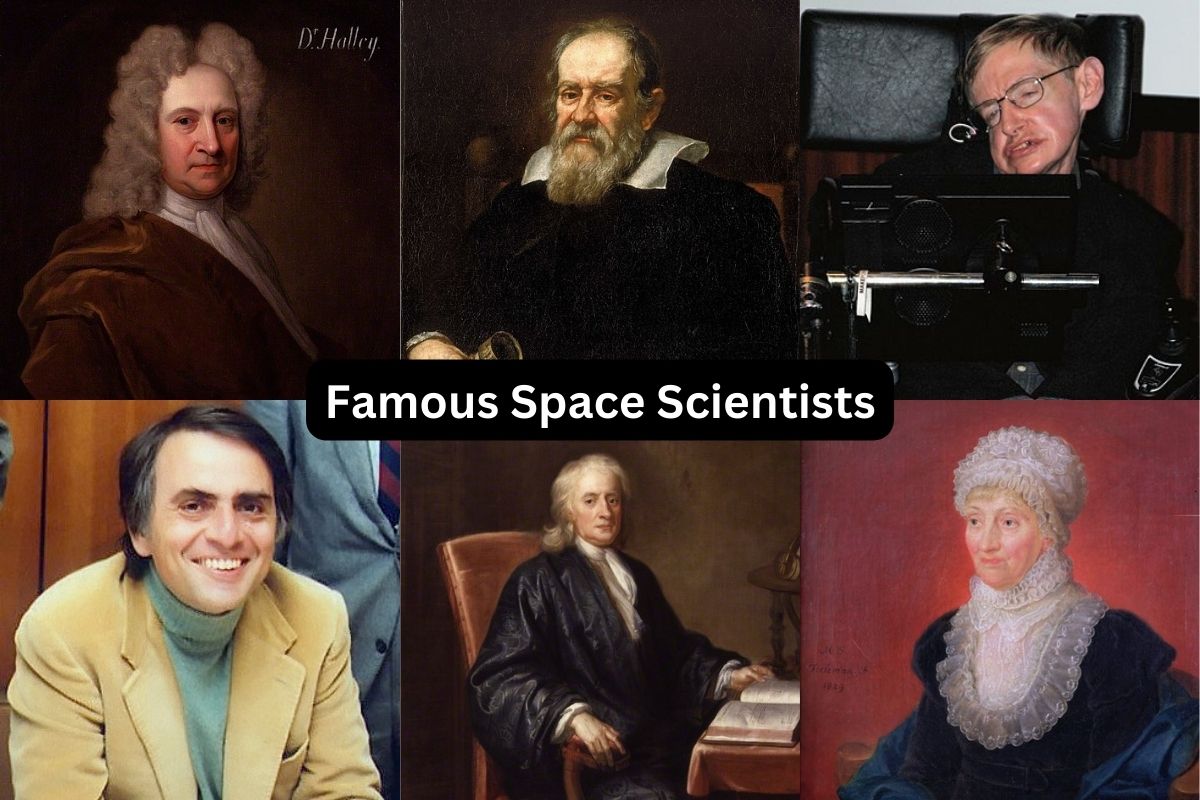In the vast expanse of the universe, where mysteries unfold and wonders never cease, there have been remarkable individuals whose curiosity, intellect, and determination have led humanity to new heights of understanding.
This article delves into the lives and contributions of ten pioneering space scientists who have not only expanded our knowledge of the cosmos but also inspired generations to look up at the stars and dream.
From Galileo’s telescopic discoveries to Caroline Herschel’s comet hunting, each scientist has a unique story that intertwines with the fabric of space exploration and astronomy.
Join us as we journey through the achievements of these extraordinary minds, whose work has shaped our view of the universe and our place within it.
Famous Space Scientists
1. Galileo Galilei (1564-1642)
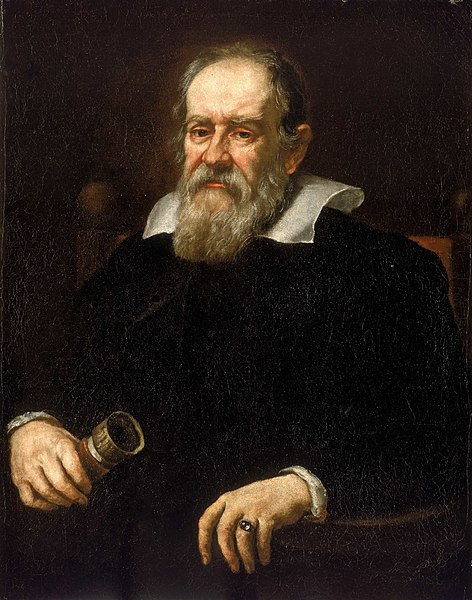
An Italian astronomer, physicist, and engineer, Galileo is often called the “father of observational astronomy,” the “father of modern physics,” and the “father of the scientific method.”
His achievements include improvements to the telescope and consequent astronomical observations, and support for Copernicanism (the heliocentric model of the solar system). Galileo’s observations and theories laid the foundation for modern physics and astronomy.
Also Read: Famous Cosmonauts
He famously observed the moons of Jupiter, the phases of Venus, sunspots, and the rough surface of the Moon. His advocacy of the heliocentric model led to conflict with the Roman Catholic Church and a subsequent trial by the Inquisition.
2. Sir Isaac Newton (1643-1727)
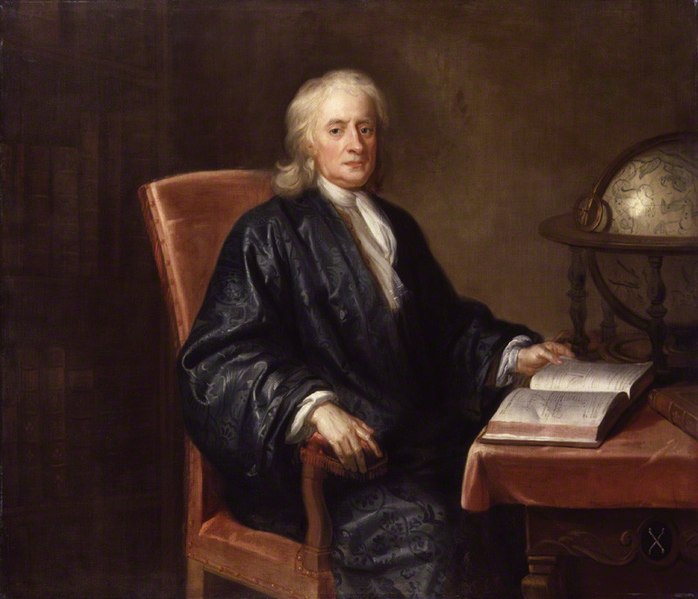
An English mathematician, physicist, astronomer, and author, Newton is widely recognized as one of the most influential scientists of all time.
He formulated the laws of motion and universal gravitation, which formed the dominant scientific viewpoint until it was superseded by the theory of relativity.
Newton’s Principia Mathematica (Mathematical Principles of Natural Philosophy) is considered one of the most important works in the history of science.
He also made substantial contributions to optics and shares credit with Gottfried Wilhelm Leibniz for developing the infinitesimal calculus.
3. Edwin Hubble (1889-1953)
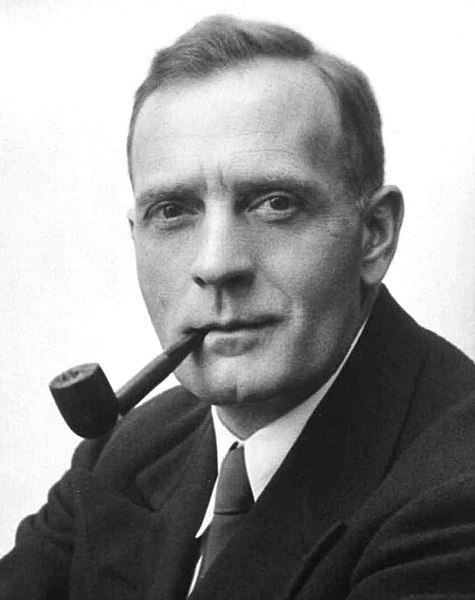
An American astronomer, Hubble made one of the most significant discoveries in the field of astronomy: that the universe is expanding.
This was based on his observation that galaxies are moving away from us at speeds proportional to their distance, a discovery that led to the formulation of Hubble’s Law.
His work helped establish the field of extragalactic astronomy and played a crucial role in the development of the Big Bang theory. He also developed a classification system for galaxies, known as the Hubble sequence, which is still used by astronomers today.
4. Carl Sagan (1934-1996)

An American astronomer, planetary scientist, cosmologist, astrophysicist, astrobiologist, author, and one of the most celebrated science communicators of the 20th century.
Sagan is best known for his work on the television series “Cosmos: A Personal Voyage,” which introduced millions to the wonders of astronomy and science.
He also made significant contributions to the study of planetary science, particularly in the understanding of Venus’s atmosphere and the surface conditions of various planets in our solar system.
Sagan was also a pioneer in the field of exobiology and promoted the Search for Extraterrestrial Intelligence (SETI).
5. Stephen Hawking (1942-2018)

A British theoretical physicist and cosmologist, Hawking was a towering figure in the fields of cosmology, general relativity, and quantum gravity, especially in the context of black holes.
His work on the theoretical prediction that black holes emit radiation, often called Hawking radiation, is considered a breakthrough in theoretical physics. Hawking was the author of several popular science books, including “A Brief History of Time,” which became a bestseller.
Despite battling amyotrophic lateral sclerosis (ALS) for many years, he made profound contributions to science and became a symbol of the perseverance of the human spirit.
6. Vera Rubin (1928-2016)
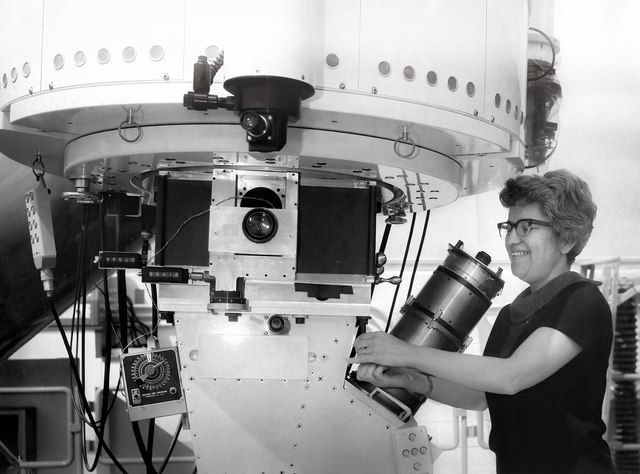
An American astronomer whose work on galaxy rotation rates was instrumental in discovering the galaxy rotation problem, which became one of the most compelling pieces of evidence for the existence of dark matter.
Rubin’s observations of the rotation of spiral galaxies showed that the stars at the edges of these galaxies were rotating just as fast as those near the center, defying the expectations of Newtonian mechanics.
This led to the conclusion that some form of invisible mass, now known as dark matter, must be exerting gravitational force in these galaxies. Her work fundamentally changed our understanding of the universe’s composition.
7. Edmond Halley (1656-1742)
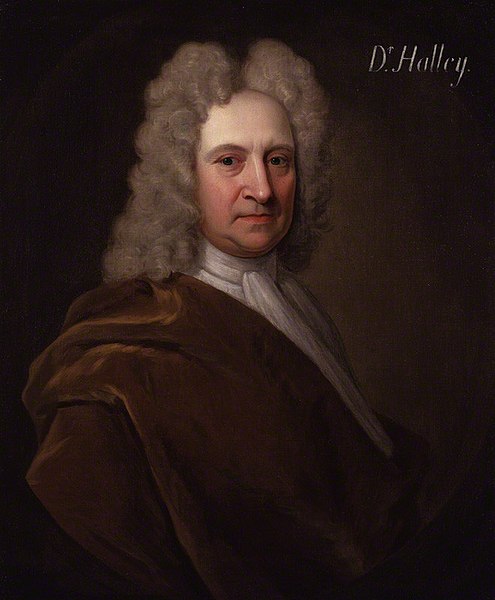
An English astronomer, geophysicist, mathematician, meteorologist, and physicist, Halley is best known for computing the orbit of the comet later named after him, Halley’s Comet.
His prediction of the comet’s return in 1758 was a significant event in the history of astronomy, proving that comets orbit the Sun and are not atmospheric phenomena, as previously thought.
Halley also made substantial contributions to the scientific understanding of Earth’s magnetic field and the trade winds, and he played a key role in the publication of Isaac Newton’s “Principia Mathematica.”
8. Johannes Kepler (1571-1630)
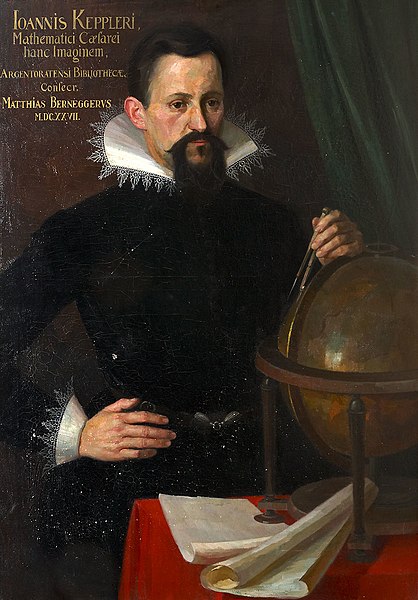
A German mathematician, astronomer, and astrologer, Kepler is a key figure in the 17th-century scientific revolution. He is best known for his laws of planetary motion, which described the orbits of planets around the Sun.
Kepler’s laws were revolutionary because they described the orbits of planets as ellipses rather than perfect circles, challenging centuries of Aristotelian astronomy.
His work laid the groundwork for Isaac Newton’s theory of universal gravitation and was a significant step forward in the field of astronomy.
9. Kip Thorne (1940 – present)
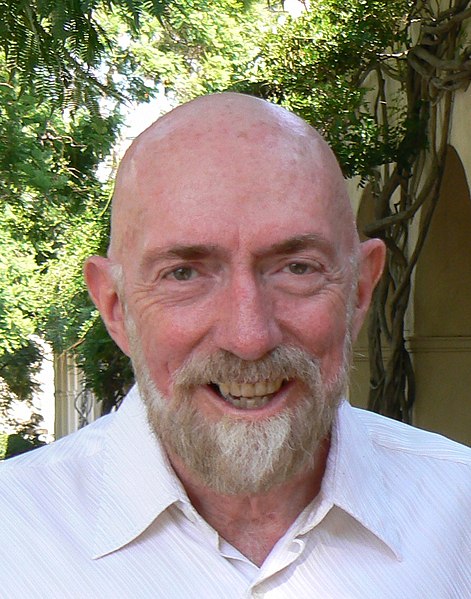
An American theoretical physicist and Nobel laureate, Thorne is known for his contributions in gravitational physics and astrophysics.
A longtime friend and collaborator of Stephen Hawking, Thorne has worked on a wide range of topics in these fields, including the nature of black holes, gravitational waves, and time travel.
He was one of the leading scientists behind the LIGO (Laser Interferometer Gravitational-Wave Observatory) project, which made the first direct observation of gravitational waves in 2015, confirming a major prediction of Einstein’s general theory of relativity.
10. Caroline Herschel (1750-1848)
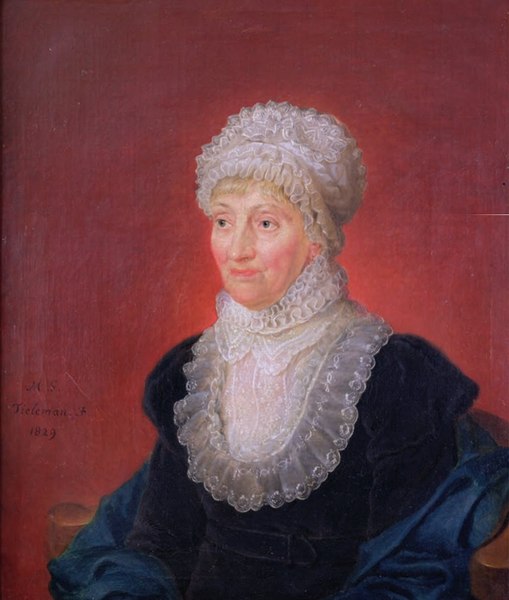
A German astronomer who made significant contributions to the field, Caroline Herschel was one of the first women to gain recognition in astronomy. Working alongside her brother, William Herschel, she discovered several comets and was the first woman to be paid for her scientific work.
Caroline Herschel’s accomplishments include the discovery of the Comet 35P/Herschel-Rigollet and an extensive catalog of nebulae. Her work laid the foundation for future astronomers and showed that women could contribute significantly to the scientific community.
